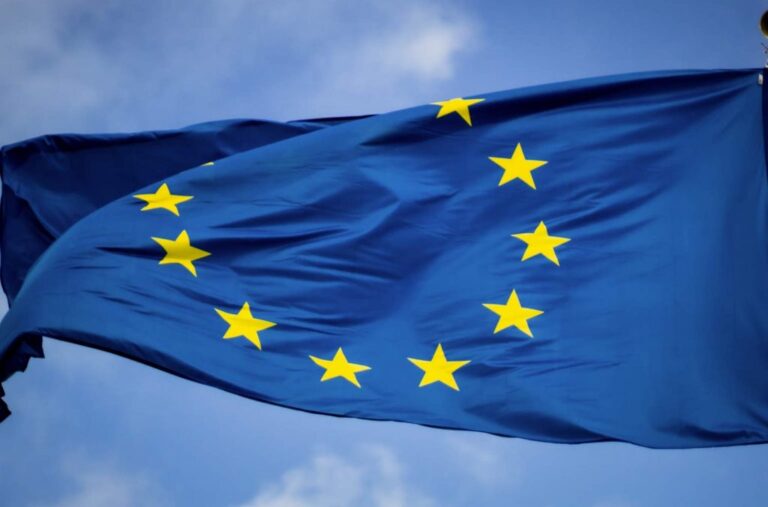
The Week Ahead
Discussion and Analysis by Charles Porter:
The week that is now behind us has been eventful and tumultuous. One overarching characteristic was a bullish Pound Sterling. Driven by statistics releases and central bank activity, the Pound finished the week trading at its strongest rate against the US Dollar since 23rd June 2016. The intra-week gains for the Pound stand at around 3%. Looking ahead, we await to see whether Mark Carney shares the hiking-sentiment of the rest of the Committee, the Federal Reserve Bank’s Rate Decision and the result of the German general election.
Tuesday began the Pound’s rally, when Sterling jumped by around 0.5% within most currency pairs. The leap was caused by above-expectation and strongly above-target inflation statistics, as measured by the Consumer Price Index, released by the ONS. Despite representing a weakness of the currency in terms of the purchasing power of goods, the currency gained strength as markets priced in a higher probability of an interest rate hike.
Sterling was raised higher against both the Dollar and the Euro following the publication of minutes from the Bank of England’s Monetary Policy Committee on Thursday. Whilst these minutes confirmed a relative consensus against a rate-hike, they did also signal the willingness of the Committee to raise interest rates in the near future should current trends persist. This message was then confirmed by Committee member, Gertjan Vlieghe, in a hawkish conclusion that rallied the Pound.
Similar upside risk will manifest itself on Monday afternoon of next week when the Bank’s Governor, Mark Carney, speaks at the International Monetary Fund. Should Carney confirm, or even accelerate, the Committee’s intention to raise interest rates in the near future, then Sterling should gain an even firmer stronghold. However, the corollary is also true, should Carney establish a more Dovish tone, the expectation-induced currency gains may be eliminated and even reversed.
Perhaps more importantly, Wednesday will see the Federal Reserve Board decide upon interest rate targets within the United States. Whilst a tightening of monetary policy through the avenue of interest rates seems highly unlikely, a plan for curtailing the asset purchase program, quantitative easing, could well be forecasted. Therefore, considerable upside risk may similarly exist within the Dollar, providing the potential to arrest its year-to-date slide within major currency pairs. Clarifications of the Board’s monetary policy positioning should be availed through numerous conferences and speeches by Members.
Not wanting to be left out, Mario Draghi will also speak in Frankfurt. The ECB President’s last two speeches at the Nobel Laureate Meeting, Lindau, and then Federal Reserve Bank, Jackson Hole, have secured strong and lasting gains for the Euro. We will therefore await to see whether the content and normative message within Draghi’s speech can solidify this trend and send the Euro back to its monthly highs.
Perhaps most importantly of all, Germany will hold its general election on Sunday. The resulting Chancellor, decided within the second vote on the ballot, will be critical in determining the path of European integration and Eurozone completion. The political economy of Europe, given Macron’s presidency in France, could paint an optimistic picture for virtuous integration. Therefore, towards the end of the week, all eyes will be turned towards the German election.
Related Insights

Daily Brief – US Recession
US Recession In the past year the USA and indeed the whole world has been watching and hoping that the Federal reserve will succeed in bringing down inflation without causing a recession. That is the Goldilocks scenario which is described as a soft landing. Looking at the S&P 500 which has declined 7% since January […]

Daily Brief – Autonomy and Atlanticism
Autonomy and Atlanticism These are the stark choices that European leaders seem to be advocating to their still to catch up partially in denial electorates. At one extreme is French President Macron who is banging the drum for European self reliance and autonomy from US protection having concluded that the USA cannot be relied on. […]

Daily Brief – European Central Bank
European Central Bank As widely expected the ECB duly cut EUR interest rates by 25bps yesterday. However the orderly conduct of EU monetary policy is currently anything but orderly in the light of the German coalition partners agreeing to bypass the long standing debt rules. (see below) While the services inflation element is down to […]


 Humphrey Percy
Humphrey Percy